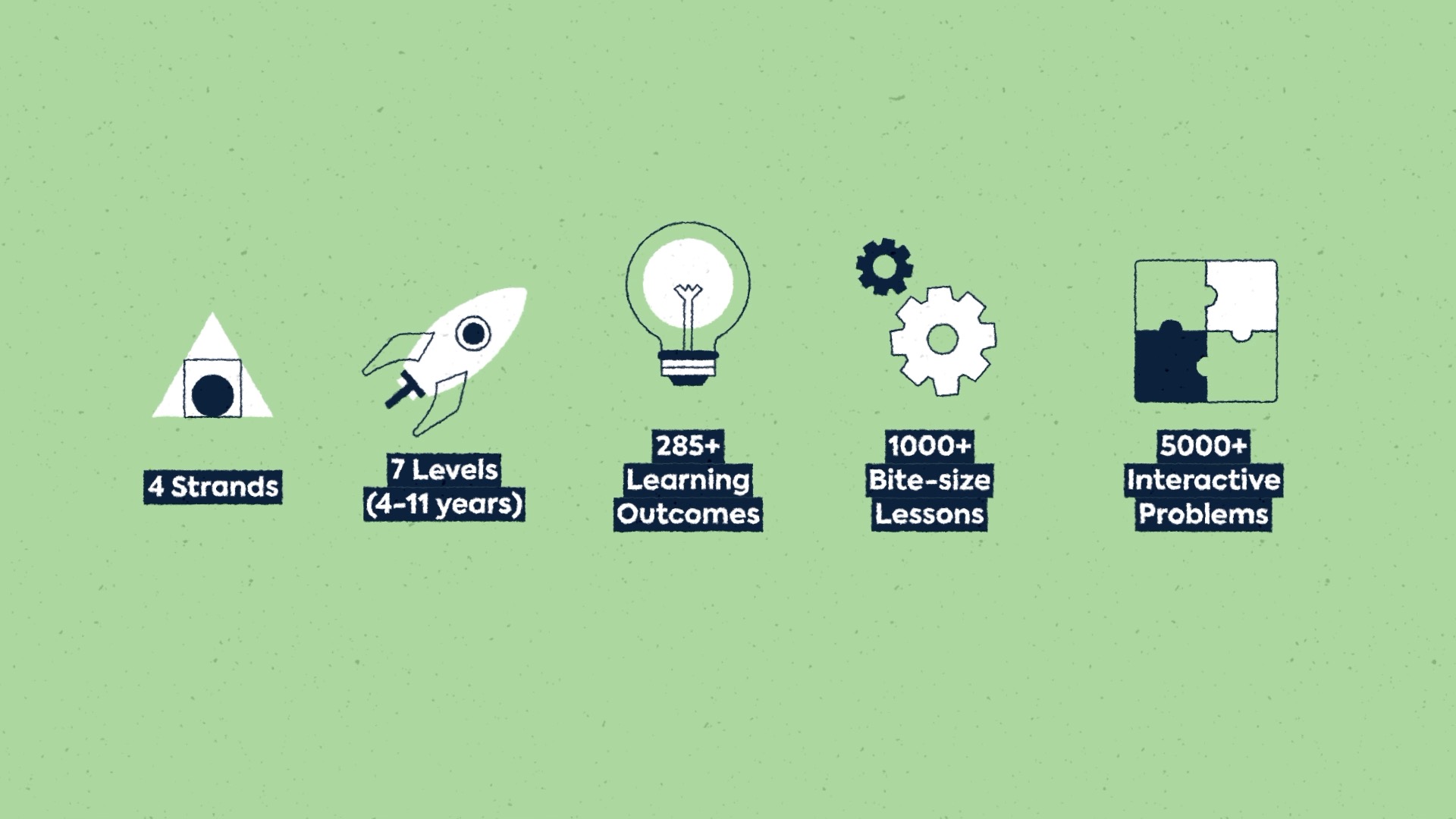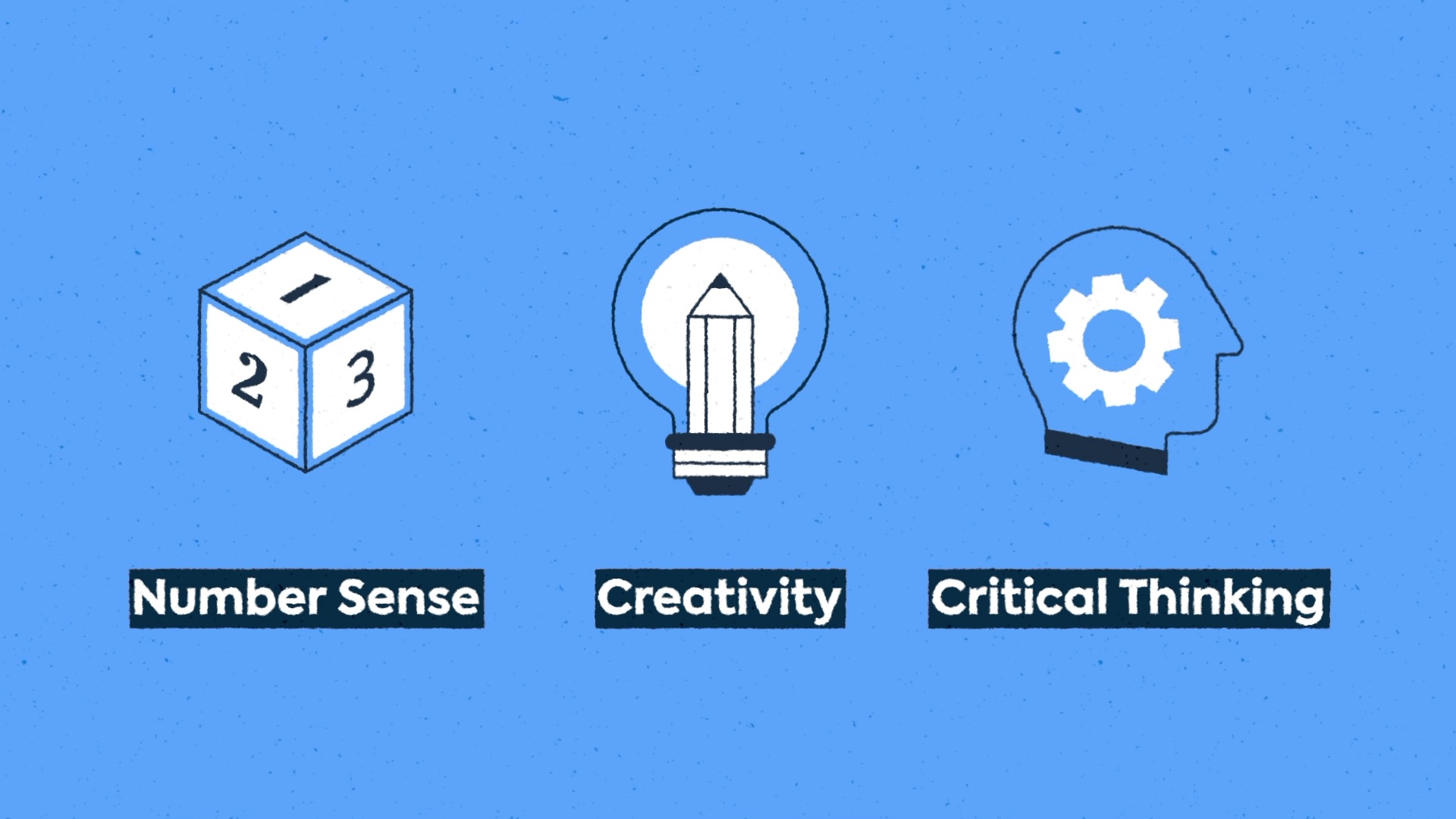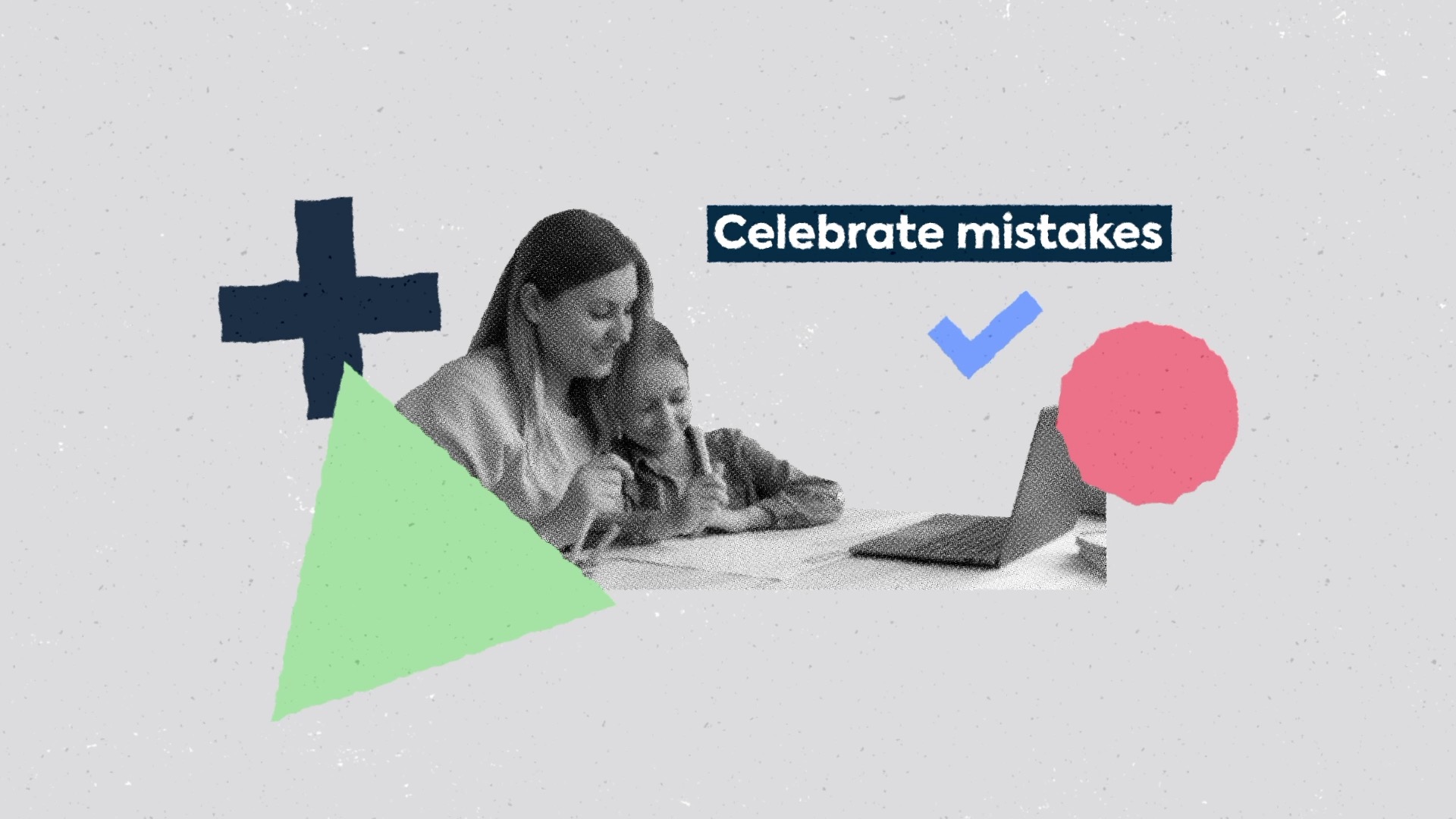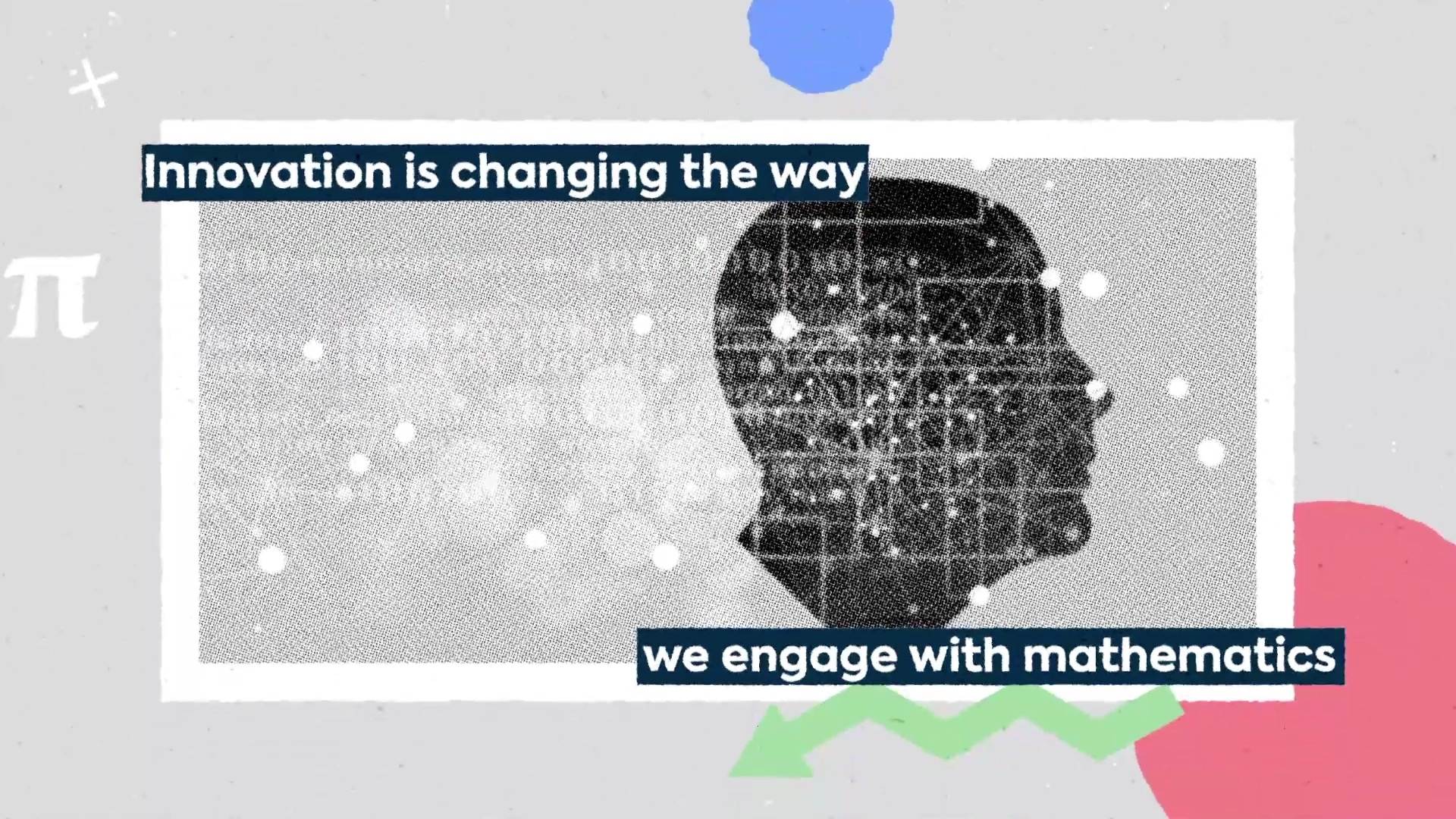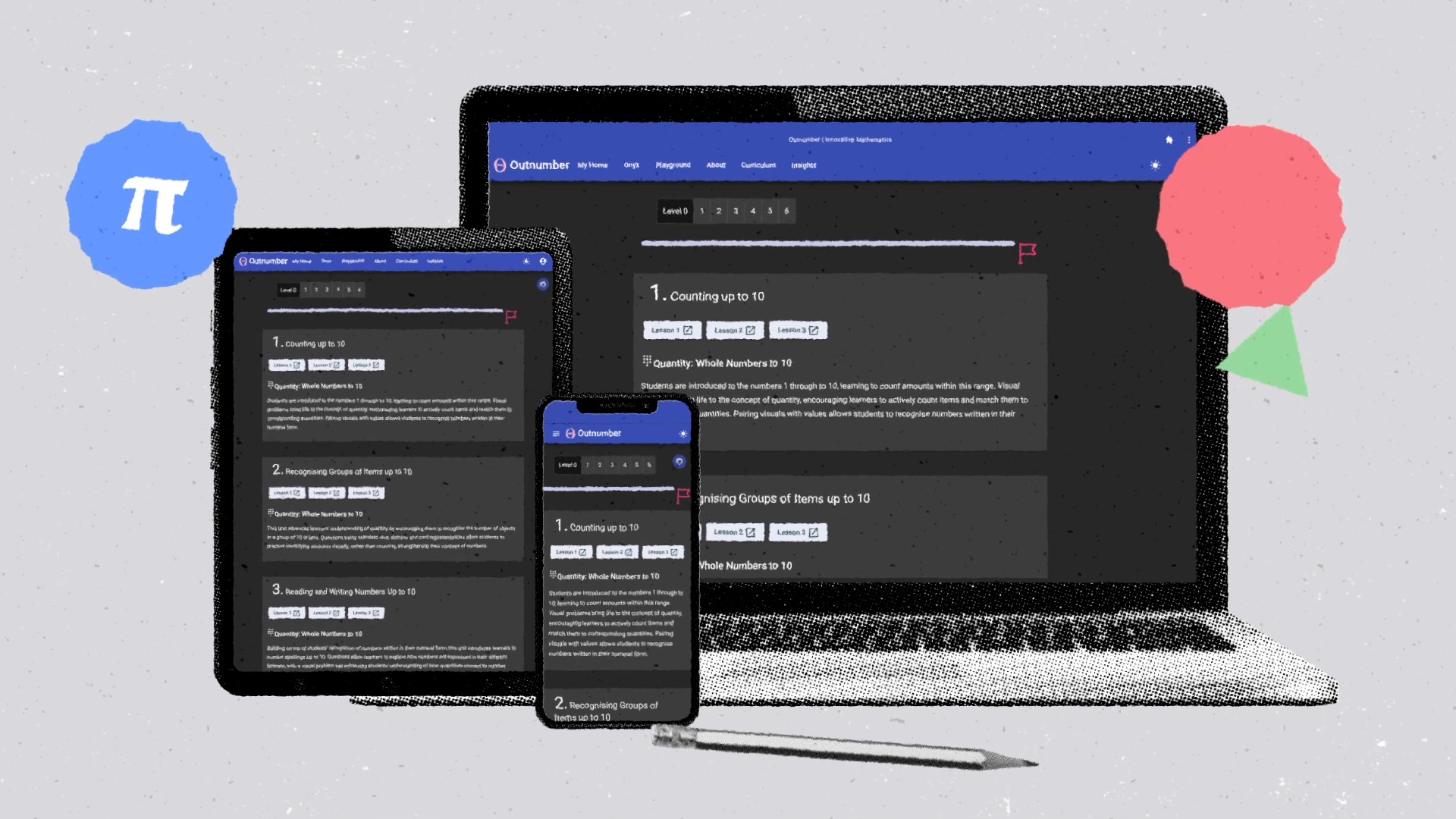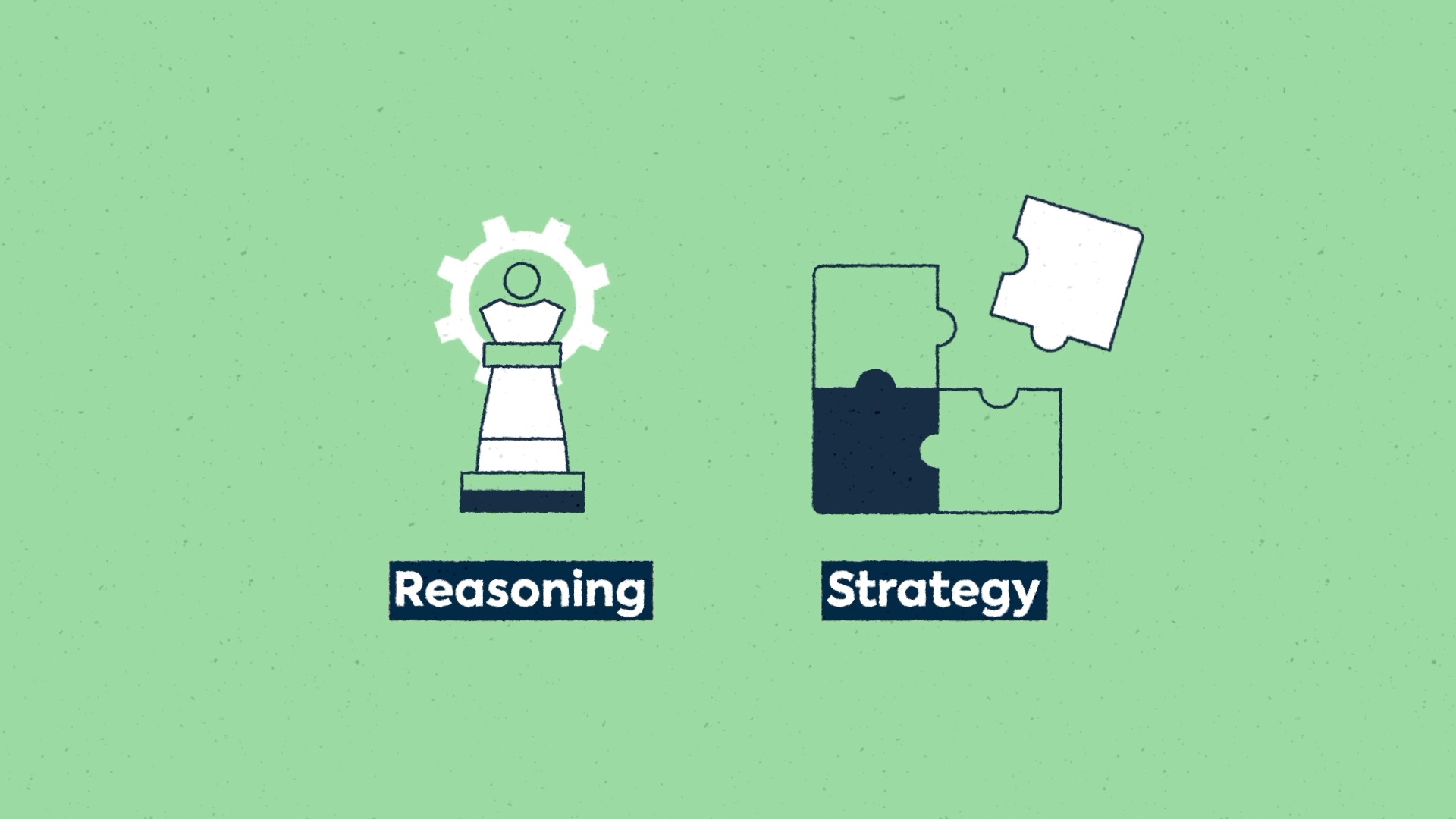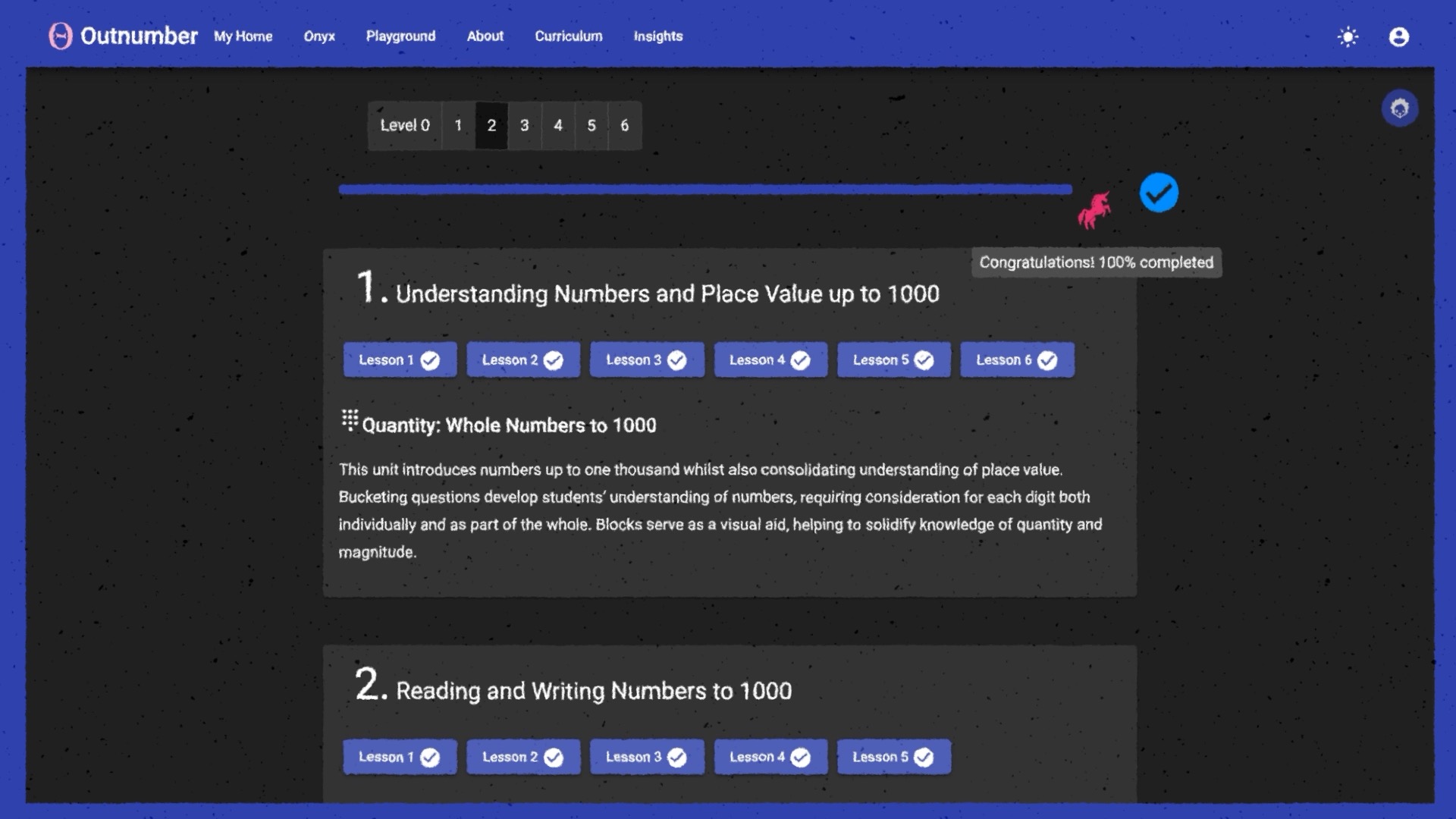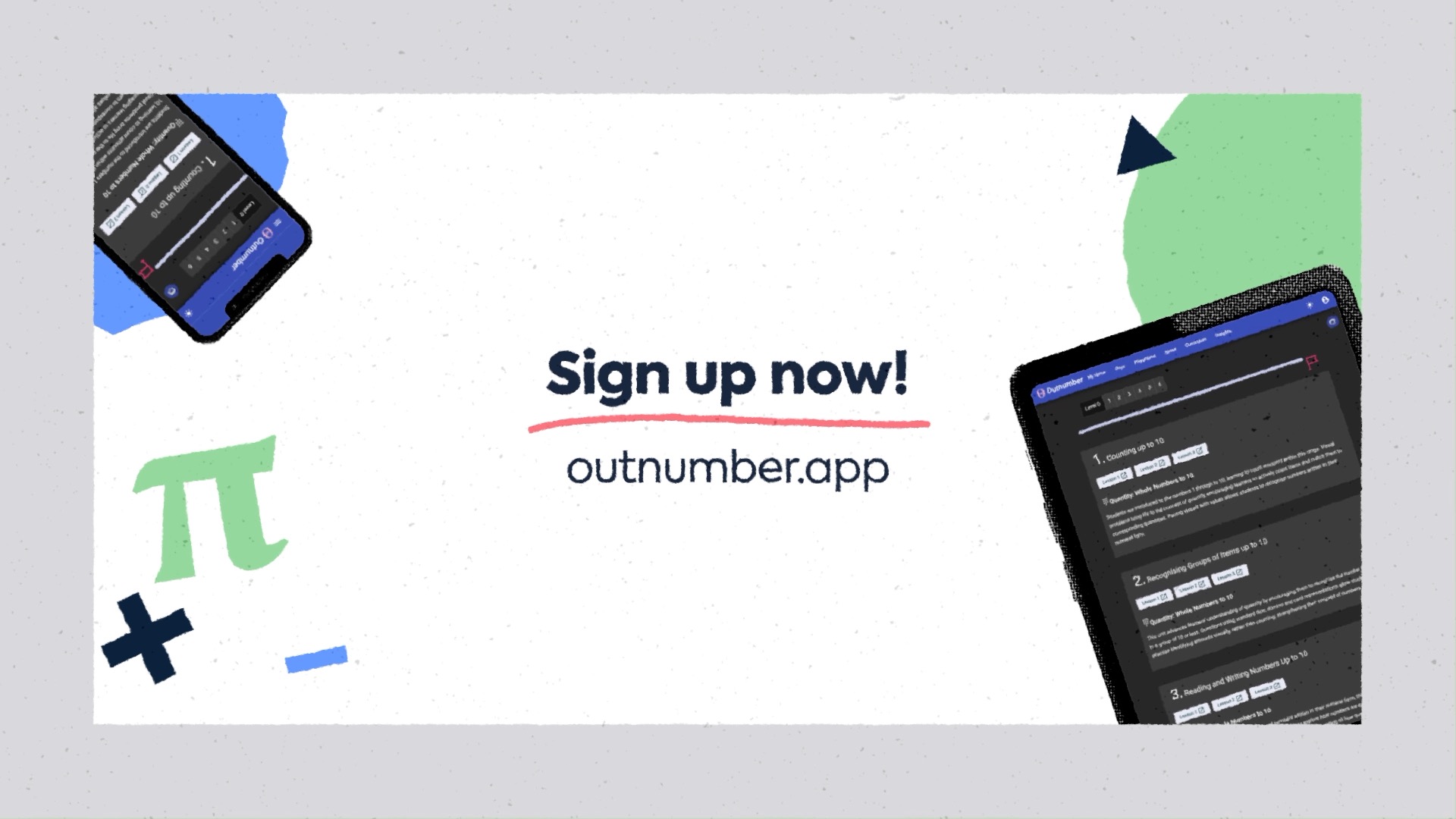Microlearning is the approach of breaking down learning materials into bite-size lessons that can be more easily absorbed and retained. When incorporated in a modern digital app, it allows learners to get instant feedback and provides instructional help while progressing to more challenging topics. It also facilitates transfer of knowledge from short-term to long-term memory, for better knowledge retention. Our working memory, where the mind processes moment-to-moment demands, can only deal with around 3 to 5 thoughts at any one time. Microlearning apps can reduce cognitive load on learners by providing easy-to-follow learning roadmaps, user-friendly progress trackers and interactive microlessons with instant feedback that make learning more engaging. We learn faster and more efficiently when our answers are validated or corrected at the exact moment that we are focused on the topic. Modern microlearning apps deploy cognitive strategies such as instructional scaffolding and retrieval practice. Lessons are designed to provide instructional help or scaffolding at the beginning, which is gradually removed as students progress to more challenging topics. This supports ability-appropriate challenge. In addition, guided review tools support learners to practise retrieving information from memory, strengthening long-term knowledge retention. With advances in digital technologies, it is now possible for microlearning apps to tailor the learning experience for each user, making learning adaptive, self-paced and autonomous.
